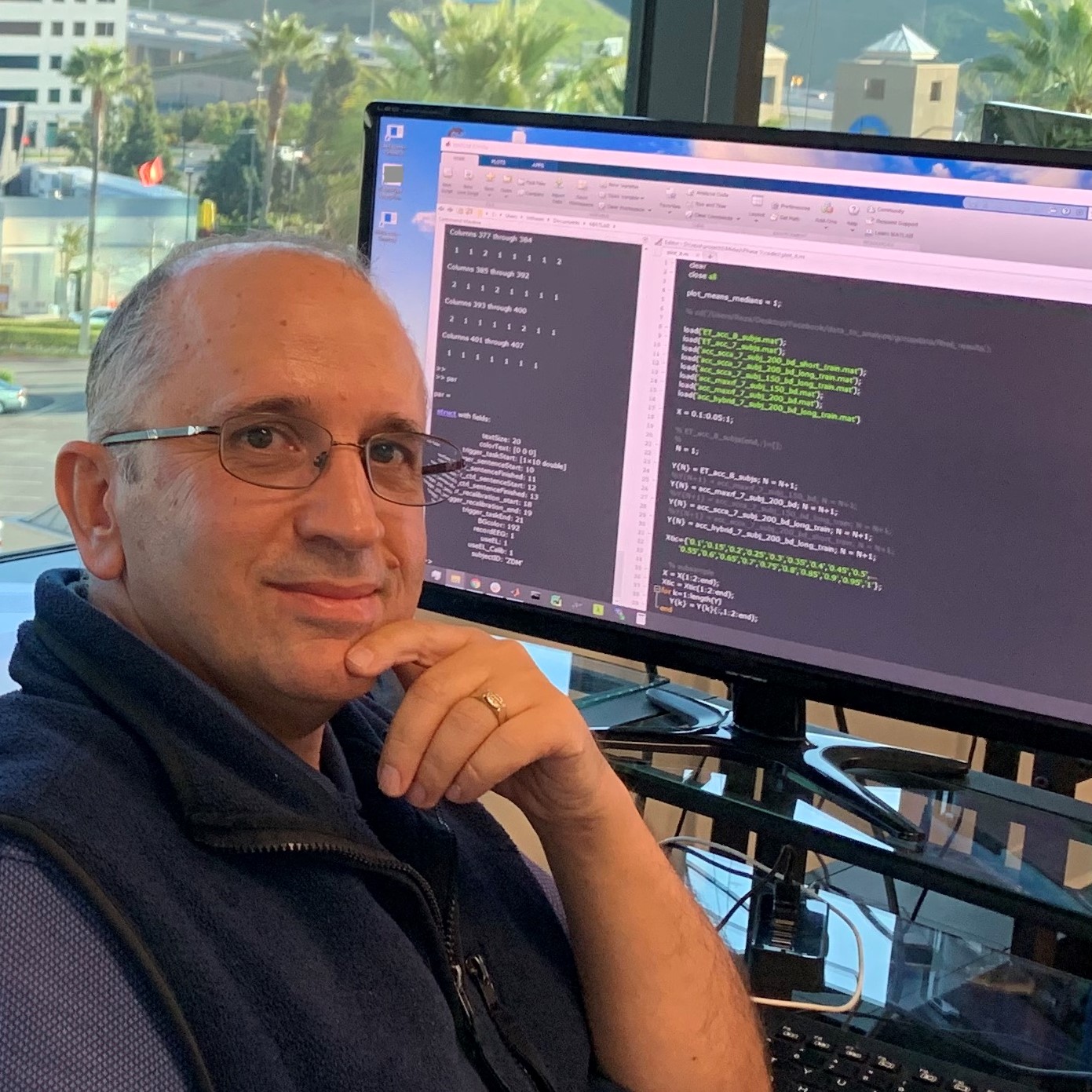Digital Signal Processing (DSP)
ECE-40016
Gain practical knowledge required for understanding, specifying, and designing DSP systems.
DThe Digital Signal Processing (DSP) course provides essential knowledge for understanding, designing, and implementing digital signal processing systems, which are crucial tools in various engineering fields like electronics, communications, and biomedical engineering. Students will learn key DSP concepts such as sampling, filtering, and signal transformation. Topics covered include using filtering to enhance signal quality and applying transforms like the discrete Fourier transform (DFT) and fast Fourier transform (FFT) for signal analysis. In addition, students will be exposed to advanced and recent techniques such as machine learning and deep learning to process digital signals. By the end of the course, students will be equipped with the skills to apply DSP techniques in practical applications.
Course Highlights:
- Core DSP foundation including sampling and pre-processing
- Practical application of applying DSP techniques to signals
- Z-transform and digital filtering
- Transform techniques such as discrete Fourier transform (DFT) and fast Fourier transform (FFT)
- Spectral and time-frequency analysis of digital signals
- Integration of AI and machine learning approaches with DSP techniques
Course Learning Outcomes:
- Understand fundamental DSP concepts
- Design and apply digital Filters
- Analyze signals using transforms
- Learn to design, analyze, and implement DSP for practical applications
- Explore advanced machine learning and deep learning for DSP
Software: Matlab & Simulink Student version available at Mathworks.
Course Typically Offered: Online in Winter and Summer quarters.
Prerequisite: ECE-40051 Signals and Systems or equivalent knowledge and experience.
Basic programming experience required. An elementary understanding of electronics and calculus is recommended.
Next Step: Upon completion of this course, consider taking DSP in Wireless Communication
Contact: For more information about this course, please email unexengr@ucsd.edu
Course Information
Course sessions
Section ID:
Class type:
This course is entirely web-based and to be completed asynchronously between the published course start and end dates. Synchronous attendance is NOT required.
You will have access to your online course on the published start date OR 1 business day after your enrollment is confirmed if you enroll on or after the published start date.
Textbooks:
No textbook required.
Policies:
- No refunds after: 1/12/2026
Schedule:
Instructor:
 Reza Fazel-Rezai, Ph.D.
Reza Fazel-Rezai, Ph.D.

In academia, Dr. Fazel-Rezai is recognized as the founding director of the biomedical engineering program. During his tenure as a full professor at the University of North Dakota, he made substantial contributions to curriculum development, fostered an innovative learning environment, and established a biomedical engineering program before transitioning to industry. His commitment to advancing knowledge is evident in his nearly 200 scientific publications and seven edited books. Dr. Fazel-Rezai's research primarily focuses on biomedical signal and image processing, which is critical for developing advanced diagnostic tools and therapeutic devices. He has developed expertise in pattern recognition methods, including machine learning and deep learning, and explores how these technologies can enhance healthcare systems and improve patient outcomes.
As a passionate mentor and educator, Dr. Fazel-Rezai actively engages with students and young professionals, helping them achieve their academic and career goals. He is dedicated to positively impacting the lives of others, using his extensive experience to support those around him. In addition to his academic and research roles, Dr. Fazel-Rezai serves as an ABET Program Evaluator, ensuring that engineering programs uphold high standards of quality and effectiveness. Currently, he is a Senior Science and Education Application Engineer at MathWorks, where he employs his expertise to develop educational tools and resources that enhance the learning experience in engineering and technology.
